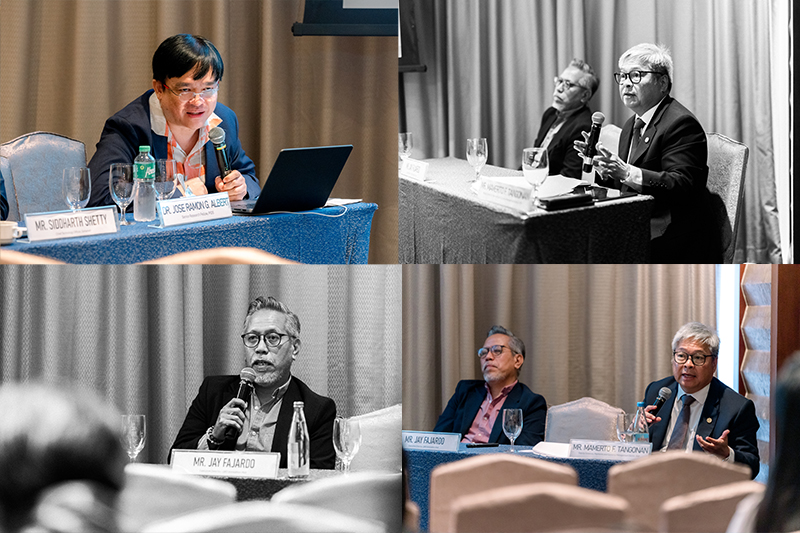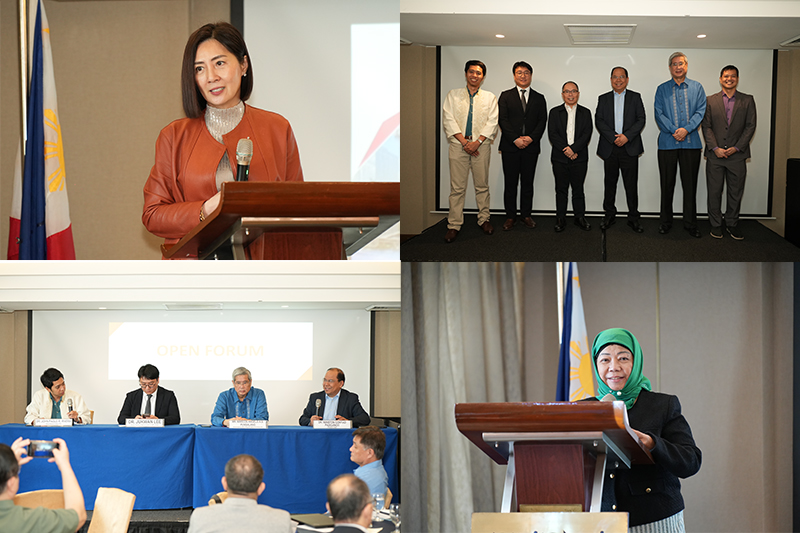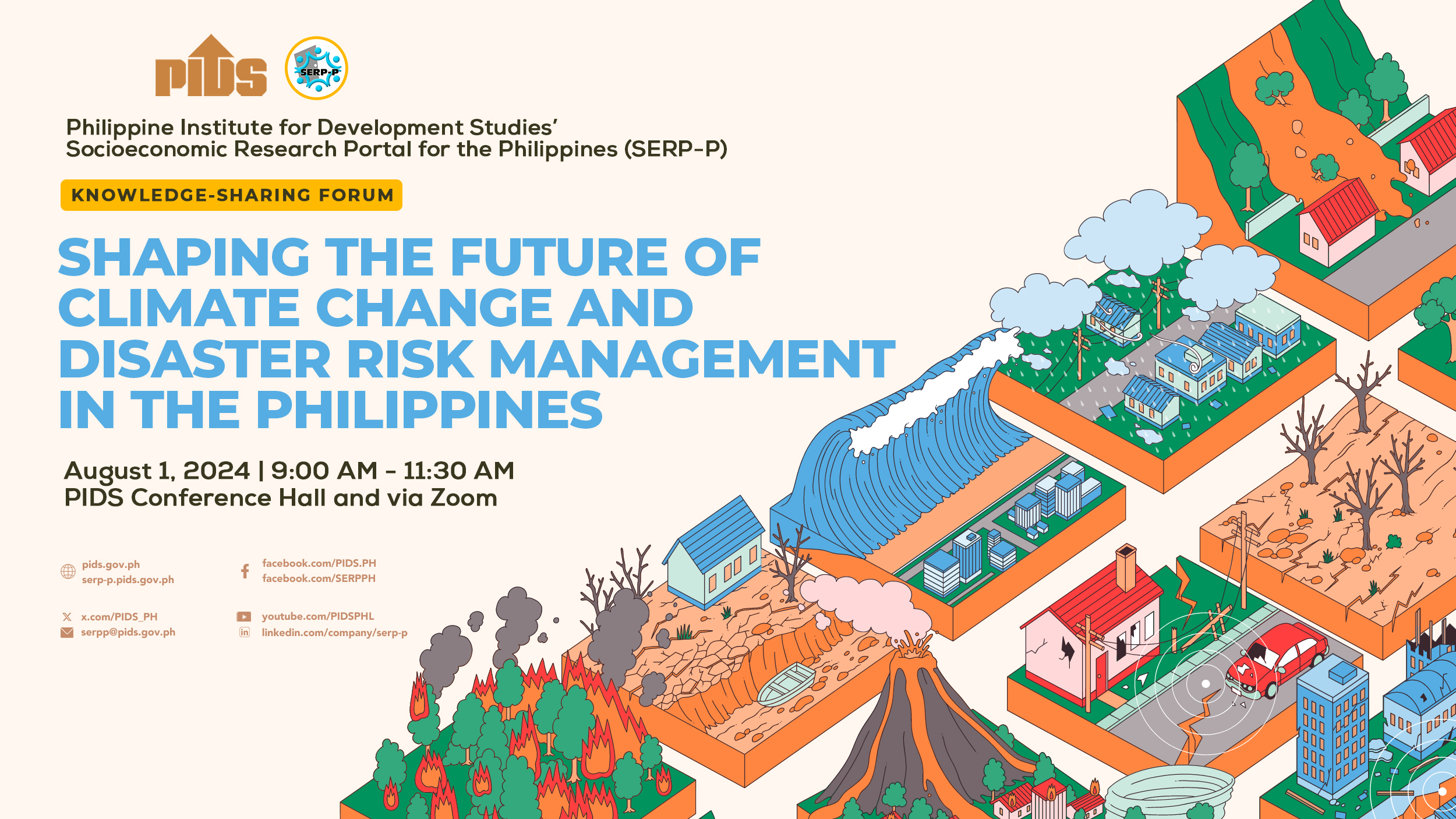(Speech delivered at the Thomas Lloyd Cleantech Congress 2014 in Frankfurt, Germany)
First of all, I congratulate the organizers of this year’s ThomasLloyd Cleantech Congress. Thank you for the warm hospitality and the excellent arrangements at the Messe.
A great man once said, "Sometimes it falls upon a generation to be great. You can be that great generation.”
Those were the words of the late Nelson Mandela in 2005 before a Trafalgar Square assembly, calling attention to the great opportunity for change in 2005.
Nine years hence, we are still seeking solutions, not just to the daunting problems of poverty, but to the looming threats of global proportions brought about by climate change.
he Philippines is a leader in the use of renewable energy. In fact, the second in geothermal energy use. To scale up renewable energy development and address the country’s growing power needs, landmark laws such as the Philippine Biofuels Act of 2006 and the Renewable Energy Act of 2008 were enacted.
Early estimates indicate that we have more than 200,000 potential renewable energy resources that remain untapped.
The country’s National Renewable Energy Program has set out aggressive targets on renewable energy development from 2011-2030, aiming to nearly triple our existing capacity of 5,369 megawatts to 15,304 megawatts by the year 2030.
On a per technology basis, the targets are: 75 percent increase in geothermal capacity; 160 percent increase in hydropower capacity; additional 277 megawatts for biomass; 2,345 megawatts additional wind power capacities; and an additional 350 megawatts for solar. Our plan also seeks to develop the first ocean energy facility in the country in the medium term.
We have the legal framework that provides the necessary policy mechanisms such as the Feed-in Tariff, Net Metering, Renewable Portfolio Standards, Green Energy Option, Renewable Energy Market, and other fiscal incentives such as income tax holiday.
There have been challenges, however, in our efforts to fast-track the development of our renewable energy resources more aggressively. Impacts on electricity pricing have been a major consideration among our regulators, particularly as we already have one of the highest electricity rates in the world.
Recent events, however, have shown that conventional energy, which traditional views seem to favor, does not and cannot guarantee low electricity prices.
A study by the Philippine Institute for Development Studies reports that one out of five people or 130 million in ASEAN lack access to electricity. The same study said that 16 million Filipinos remain to have no access to electricity.
This is a market that can very well benefit from renewable energy development in the region.
Paving the way for change in dedication to future generations












